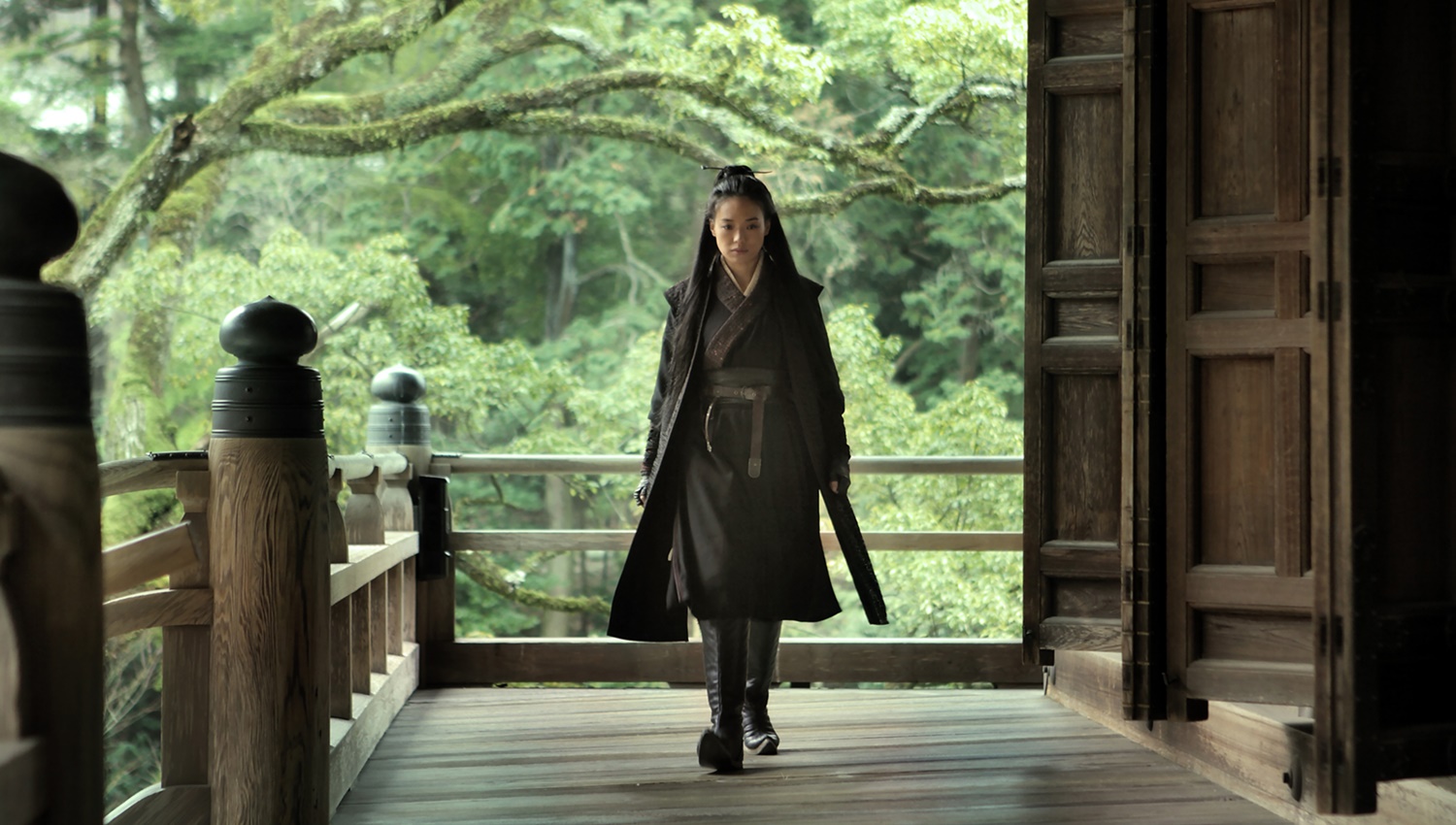
The Assassin
Dustin Chase
Winner best director Hsiao-Hsien Hou at this year’s Cannes film festival, The Assassin commits the biggest trailer fraud of the year. With that title the viewer would expect a rather traditional martial arts film, yet The Assassin is more like Terrence Malick’s version of a deadly female killer. Not only is the 106 minute film slow moving, but critics and audiences who liked the film have raved about its cinematography and breathtaking images, however you don’t even have to see other foreign films to find more impressive camera work. It’s a polarizing film that’s for sure, there are just as many calling The Assassin a masterpiece as there are calling it a bore.
Separated from her family at an early age, Nie Yinniang (Shu) has spent 13 years with a nun who has raised her to be one of China’s most efficient silent warriors. She now returns to Weibo on orders to kill the man she was originally supposed to marry, her cousin Tian Ji’an (Chang). Her morality interferes with her orders and while the entire city fears her presence, Yinnaing must choose between the woman who put her on this deadly path or the family she left behind.
The Assassin commits the biggest trailer fraud of the year.
The prologue opens in black and white and following the opening title morphs into color. Hou also presents The Assassin in square format (1.37: 1). There is no musical score until the closing credits and the entire dialogue in the film wouldn’t even fill an entire blank page. Hou asks much of his audience, mostly patience, as he presents a story very simple in nature. His first film in eight years, internationally, the Chinese director is well respected, competing at Cannes with nearly every film he has completed. However, not once has the filmmaker been recognized by the Academy Awards. The Assassin is the official foreign language submission from Taiwan to this year’s Oscars, but with all the other, more impressive, submissions I can’t imagine this being one of the top five.
The Assassin is told through pictures, not words. It’s a quiet film, extremely formal in its presentation. There are scenes where characters look out and stare into fleeting fog for minutes containing no words. Other scenes Hou focuses on a group of lambs chewing grass. The screenplay makes it difficult for the audience to decipher who is doing what and for what purpose. Many of the scenes rely on the cameras movement back and forth, with no cuts, to finish a scene that feels more like a vignette. There are beautiful costumes and creative cinematography here, but it never rises above other films keenly aware of its surroundings like Far From the Madding Crowd or Brooklyn for example.
Final Thought
Lacks nearly every ingredient to keep the viewer engaged.
